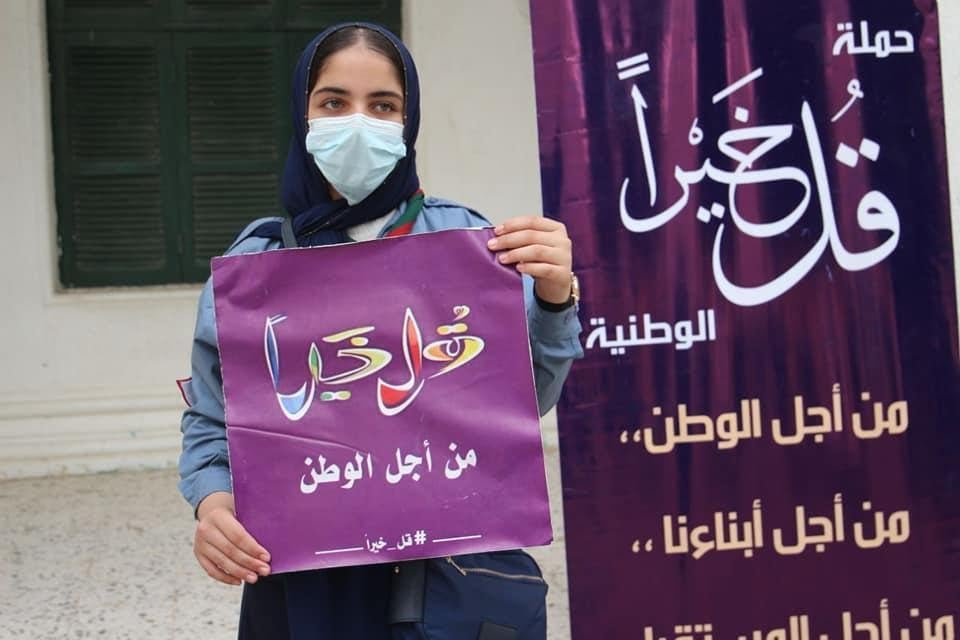Digital ID systems promise to make life easier. With a digital ID, in theory, opening a bank account or accessing an agricultural subsidy is more efficient. But questions of who controls information collection, where data is stored, and how data is used present tremendous challenges for democracy. Digitally streamlined and interconnected systems, when designed inclusively and implemented with appropriate legal frameworks for data protection, can broaden opportunities for civic and political participation.
This guidebook aims to help municipal leaders with the drive to embark on digital transformation programs design, implement, and manage successful technology projects.
Part 1 of this guide provides guidance on overall project strategy for mayors and other government officials, while Part 2 is written for project implementers and provides best practices on project scoping, gathering public input, working with vendors and other external partners, and more. Each topic includes key guiding questions, relevant tools, and other external resources for reference.
Information has the potential to be a global threat to democracy that extends far beyond election results. Clear, accurate information is key to ensuring open and transparent governance. Manipulated information or otherwise harmful information can lower public trust in a country’s governing and oversight institutions and in the media. This damages democratic processes by impeding informed decision-making and political participation by citizens.


